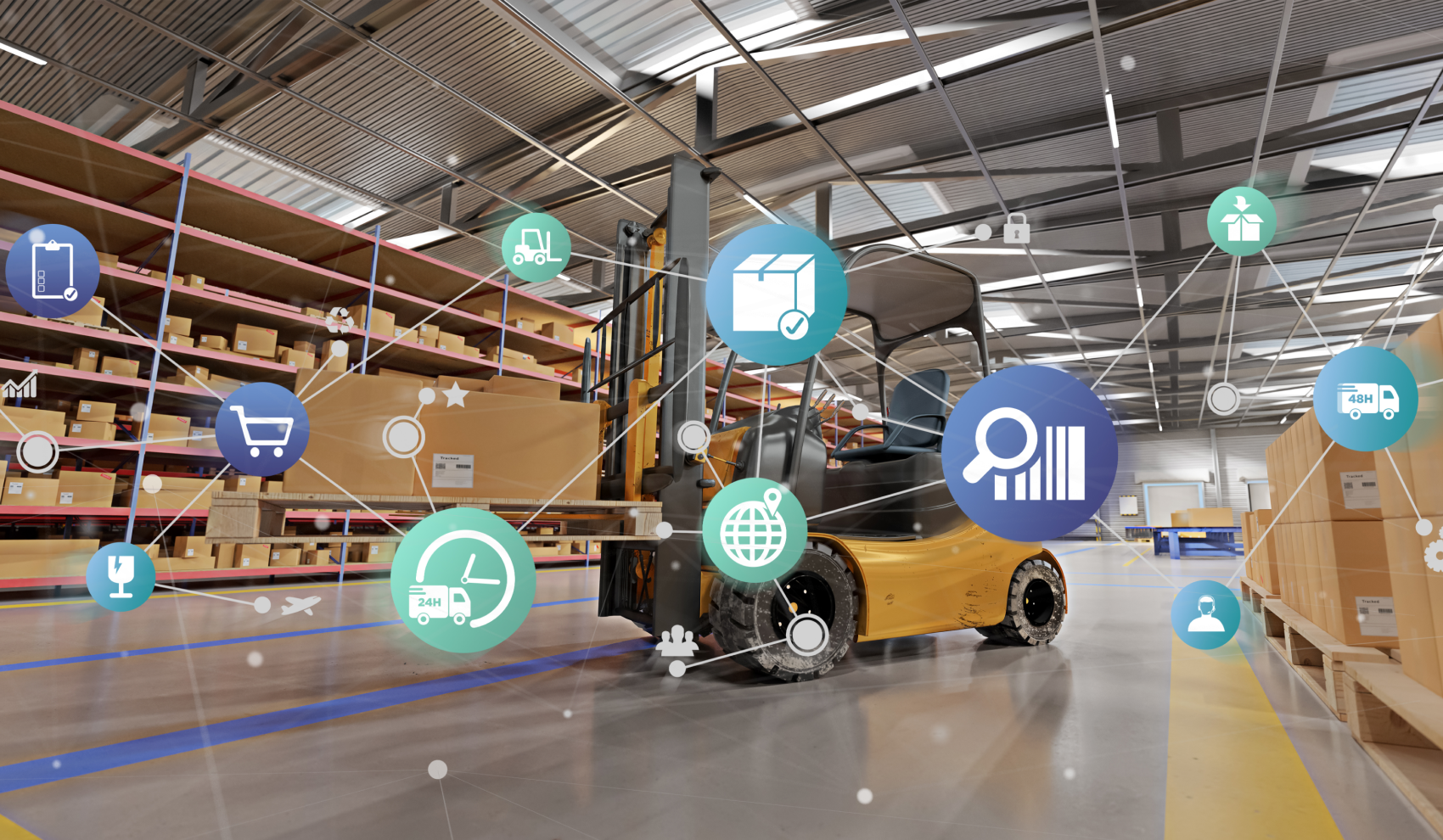Supply-Side Optimization: CPG Companies Can Overcome Raw Materials Volatility with Decision Intelligence

Three years of unprecedented volatility have exposed supply-side vulnerabilities in companies’ raw materials supplier networks. For decades, sourcing managers have been incentivized to drive a “lowest unit cost” approach, which has resulted in a gradual erosion of flexibility and agility.
In many cases, raw materials shortages will lead to manufacturing idle time, loss of efficiency in transport and logistics, cost increases, and failure to fulfill obligations to customers.
When we talk to our clients about their most pressing supply chain challenges – continuity of raw material supply is right at the top. After a decade of stable operations, the raw material volatility and disruption we are now seeing is exposing vulnerabilities in companies’ processes, organization and quality of decision making.
– Chris Andrews, Consumer Sector Supply Chain Leader, EY
In today’s business environment, the traditional “exception-based” approach (whereby supply chain and procurement teams operate a series of linear, siloed processes, attempting to resolve each alert or exception in sequence) is no longer effective. With globally exposed supply chains, exceptions are the norm, with risks capable of emerging from any direction at any time. A radical change is needed.
Now, with the emergence of Decision Intelligence, leaders are harnessing the power of machine learning to reduce risk and build resilience, strengthen collaboration with suppliers, and synchronize the raw material value chain.
What is Decision Intelligence?
Decision Intelligence is the digitization, augmentation, and automation of decision making across the entire organization. It goes beyond simple reports and KPIs, giving actionable and impact-oriented recommendations that optimize business objectives against complex, interrelated constraints and real-time data. Leveraging AI and machine learning, a Decision Intelligence platform can act as a virtual member of your team – a trained digital analyst delivering well-researched and informed business recommendations that can be executed on your behalf.
Leveraging Decision Intelligence
Leaders are deploying strategies to protect against supply-side challenges in three key areas – powered by real-time insights and the ability to automate decision execution.
1. Minimize the chance of disruption. Today’s reality is that a significant amount of information exists that could help to plan inbound materials better and predict issues – but this information is very seldom used in decision making, as it is spread across different teams and systems. Previous supplier performance, reliability, and quality data combined with current network constraints can be analyzed within a Decision Intelligence solution that can identify issues and propose actions to avoid the disruption in the first place – for example, by bringing forward an order, combining deliveries from two suppliers, or switching the sequence of production to minimize risk.
Furthermore, many of the planning parameters in MRP systems on which plans are established are based on out-of-date static data – this builds inaccuracy into the supply chain from the outset. A decision intelligence platform can review MRP parameters against actuals and contractually agreed parameters, identify misalignment and dynamically update parameters.
2. If a disruption occurs, reduce its impact. However good a predictive approach is, disruptions will still occur. Understanding and comparing the available options to address these disruptions is both complex and time-consuming. A Decision Intelligence solution can be harnessed to complete this analysis at a faster pace while also recommending the best course of action:
- With the materials I have, what are the best products to make in the best sequence to maximize revenue?
- What options do I have to repurpose stock, or substitute products / components, and what impact would that have?
Decision Intelligence ensures your teams can focus on fine-tuning and selecting appropriate responses, rather than making investigations and analyzing data at length leaving little time left to evaluate the decision itself.
3. Mitigate the impact of increasing material prices. Another key disruptive force is the ongoing impact of scarcity and inflationary pressures on material prices, leading to critical questions:
- What options are there to mitigate these in terms of better management of raw material contracts?
- How do I factor commodity prices into future planning?
- What rationale do I use for single / dual supply, and payment terms?
By developing an automated decision flow for these complicated questions, we can ensure that the right analytics are applied consistently in making the optimum decision given changing inputs.
Overall, in the past three years, leaders have progressed from perpetual firefighting to a more proactive management of the risks associated with raw material disruptions in the supply chain. By implementing a combination of these strategies, underpinned by Decision Intelligence, businesses can be better prepared for disruptions with the tools to help them recover and reset.
Why Decision Intelligence?
How is your organization managing these decisions today?
With the volume and velocity of decisions increasing exponentially, teams are no longer able to keep pace. A Decision Intelligence platform, however, can analyze data at an optimal level of speed, coverage, frequency, granularity, and accuracy. Furthermore, a dedicated Decision Intelligence platform allows organizations to digitize and automate these decisions at the speed and scale required to remain competitive today.
Aera Decision Cloud™ is a Decision Intelligence platform that digitizes, augments, and automates decision making across the enterprise. Aera gains the ability to solve specific decision-making challenges through the use of Skills. These Skills aggregate and harmonize data in real time to understand the situation, and apply artificial intelligence and decision logic to make recommendations. They also orchestrate changes in your existing systems to execute decisions automatically, while continuously learning to improve future recommendations.
Built on a comprehensive, composable, trusted, and scalable cloud platform, Skills can be quickly configured for unique decision-making requirements. As the business environment changes, the Skills adapt so that your business is ready for the new status quo.
Skills that have been configured for supply-side optimization include:
- Best Supplier Skill – Recommends the best supplier based on the supplier performance using scorecards. These scorecards can be configured to include a wide range of metrics or categories, including quality, delivery, price, responsiveness, financial health, payment terms, and compliance.
- Raw Material Inventory Skill – Identifies raw materials constraints for generating inventory recommendations and provides the input to the Procurement Skillset to unlock these constraints. It explodes the BOM of finished goods into semi-finished goods and raw materials and identifies the shortages of each. It is then able to trigger the required inventory, production, and procurement recommendations.
- Payment Terms Optimization Skill – Recommends the right contractual terms to maximize value. The Skill finds opportunities to renegotiate when the same supplier has multiple contracts with different terms, or if terms are different from other suppliers in the same category. It also identifies opportunities for early payment discounts.
- Master Data Management Skill – Recommends actions to improve completeness, consistency, and accuracy of master data and planning parameters.
These supply-side optimization Skills are a subset of hundreds of Skills that have digitized, augmented, and automated decision making across many global organizations.
The EY-Aera Technology Alliance
Our partnership with EY combines the supply chain transformation knowledge of the EY organization with Aera’s innovative cognitive technology. The EY-Aera Alliance helps deliver broad digital transformation and leading-edge technology tailored to customers’ business needs, providing a road map to reimagine processes and derive value.
EY has 200+ certified Aera practitioners globally and a breadth of experience delivering Decision Intelligence transformations across CPG, life sciences, and oil & gas organizations.
Learn more about how Decision Intelligence can overcome these challenges on our webinar, “How CPG Companies are Deploying Decision Intelligence to Overcome Raw Material Disruption.”







